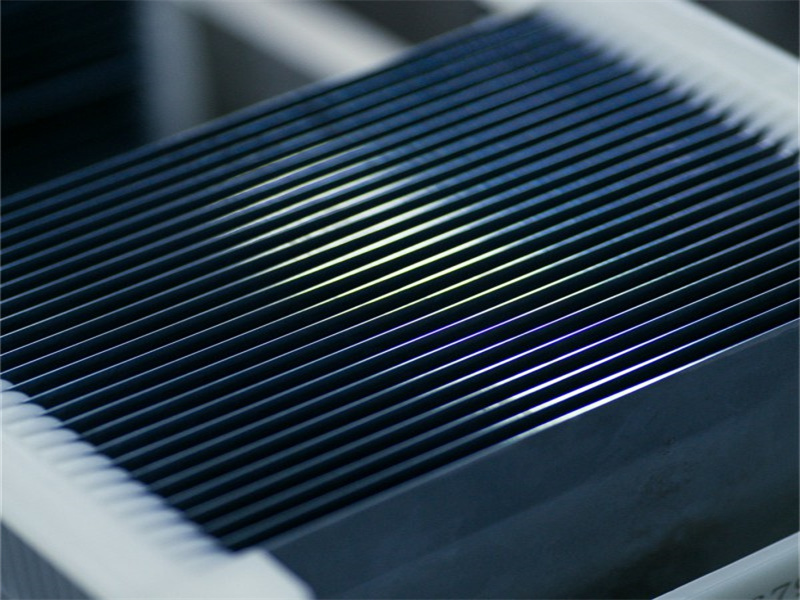The role of black silicon carbide SiC in the conductive coating of electronic productsIn the conductive coating of electronic products, black silicon carbide SiC plays key roles due to its unique physical and chemical properties, mainly including:

1. Providing conductivity and electromagnetic shielding function
Enhanced conductivity: Black silicon carbide SiC itself has conductivity and can be added to the coating matrix as a conductive filler to form a conductive network, which improves the overall conductivity of the coating and is suitable for scenes that require charge dissipation or electrostatic protection.
Electromagnetic interference (EMI) shielding: The conductive properties and chemical stability of black silicon carbide SiC make it an ideal material for high-frequency electromagnetic interference shielding coatings, which can effectively block external electromagnetic signal interference and ensure the stable operation of electronic equipment.
2. Optimize heat dissipation performance
High-efficiency thermal conductivity: Black silicon carbide SiC has high thermal conductivity (about 120-150 W/(m·K)). As a coating filler, it can significantly improve the heat dissipation efficiency, quickly conduct the heat generated by electronic components to the external environment, and prevent the equipment from failing due to overheating.
High temperature stability: The melting point of black silicon carbide SiC is as high as 2700℃. It can still maintain the stability of the coating structure in high temperature environment, which is suitable for the heat dissipation needs of high-power electronic devices (such as photovoltaic storage inverters and power modules).
3. Improve mechanical and protective performance
Wear resistance enhancement: The hardness of black silicon carbide SiC is second only to diamond (Mohs hardness 9.15). Adding it to the coating can greatly improve the wear resistance and extend the service life of electronic components in friction environments.
Corrosion protection: Black silicon carbide SiC has excellent chemical stability and strong tolerance to acids, alkalis and oxidants. It can provide an anti-corrosion barrier for electronic equipment, especially in humid or corrosive industrial environments.
4. Support special functional applications
Electrode material: Black silicon carbide SiC is used as a conductive substrate or electrode coating for electronic functional components such as photovoltaic cells and capacitors to optimize energy conversion efficiency.
High temperature electronic packaging: Black silicon carbide SiC acts as a conductive phase in high temperature electronic packaging materials, and has both thermal conductivity and insulation regulation functions to ensure the reliability of integrated circuits at high temperatures.
5. Material processing advantages
Black silicon carbide SiC can be made into micro powder by grinding, which is easy to be evenly dispersed in resin or ceramic-based coatings, realizing large-scale production and reducing costs.
P standard: P240 P280 P320 P360 P400 P500 P600 P800 P1000 P1200 P1500 P2000 P2500 P3000 P4000 P5000
JIS standard: 240 mesh 280 mesh 320 mesh 360 mesh 400 mesh 500 mesh 600 mesh 700 mesh 800 mesh 1000 mesh 1200 mesh 1500 mesh 2000 mesh 2500 mesh 3000 mesh 4000 mesh
FEPA standard: F230 F240 F280 F320 F360 F400 F500 F600 F800 F1000 F1200
Summary
Black silicon carbide SiC solves the four core requirements of conductivity, heat dissipation, mechanical protection and weather resistance in the conductive coating of electronic products, making it a key material in high-end fields such as new energy equipment, high-temperature electronic devices, and aerospace electronic systems.

